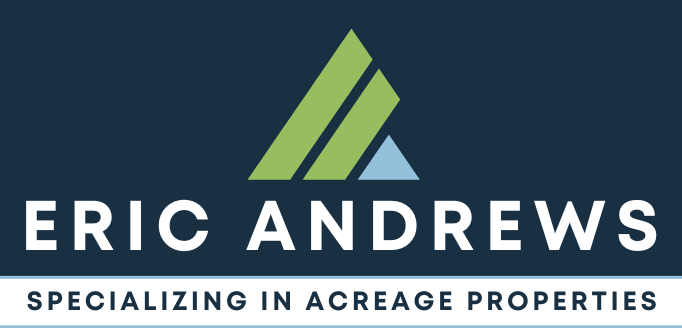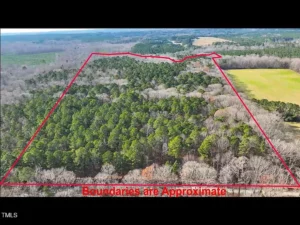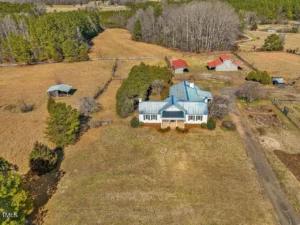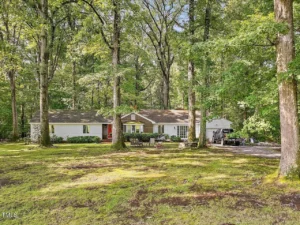North Carolina Accredited Land Consultant Eric Andrews discusses Road Maintenance Agreements (RMAs). There are several different different types of issues which may arise involving an RMA. Lenders may require an RMA. An RMA may be operated by individual homeowners or an HOA. If you live on a private road, you will likely eventually deal with a Road Maintenance Agreement. In general, these are great to have.
Speaker 1: What is a road maintenance agreement, and do you need one?
Speaker 2: Well, it depends. So first of all, do you live on a private road? And how many people share the road? And then you got some other things to figure out, whether or not… How complicated do you want to make this? Do you want to actually establish an HOA, a homeowner’s association? So what do you think the annual cost of maintaining that road is? So if you live on a unpaid gravel, private road, if it rains a lot, you might have to repair the road every year. If you have a dry year, you might be able to go three, five, maybe even ten years without having to do something about the road. And if you live on a private road that is paved, it could be 10, 15 years before you have to do anything about it. So you have to think of what are the annual costs.
The common and most friendly way of doing an RMA is X to the Y divided. So there’s five people on the road, everybody’s going to pay a fifth, and you say, “I’m going to pay a fifth as needed.” So get together once a year. “You think I need some more gravel?” “Nope, we’re good.” Next year, “You think I need some more gravel.” “Yeah, let’s get a couple loads.” And so then everybody would divide that up five ways. This can get complicated, because if you are the first house on the private road, you’re driving 60 feet. You’re the last house on a private road, you could be driving a mile. Does the mile person pay the same as the 60 foot person? Well, that’s going to be in the [inaudible] agreement. You’re going to have to figure that out. Along the way, you have people that are currently living in their homes on the road, and you have people that have vacant lots along the road.
Well, does the vacant lot person pay the same amount as the person that’s actually using the road every day? So you got to to figure that out. And then two other things that are probably pretty unique to Chatham County on gravel private roads is, are you building your house? Do you have a new construction provision? Because when you build a house, you are tearing up the road. There are big trucks coming in and out on a daily basis. They’re not going to slow down. If it rains, we got cement trucks, we have trusses coming in. So sometimes there’s a clause in there that says, “Okay, you just built your house. Now you got to make sure that the road’s back to where it was.” And then we’ve had some situations where we have very, very long private roads in Chatham county, some of them three to five miles long, and we have a bunch of 50 and 100 acre tracks on this road.
Well, what if you timber the property? Timbering can really mess up, and logging trucks going in and out, so you have to repair the road and bring it into the condition that it was in before. If it’s an expensive paved road and we’re redoing it every 15 years, it could be $300,000 to repave that road. And so do you want to pay… Let’s say, again, we have five people on there. Do you want to pay $60,000 every 15 years, or would you rather pay like 350, $360 a month and then not have that $60,000 bill? If that’s the case, then you’re going to have to have an HOA, have somebody collect it, keep it in a trust account of some sort.
Here’s the biggest thing that people need to know though. If you live on a private road and you’re going to do some kind of mortgage, your lender is going to require that you have a road maintenance agreement, and they’re going to want it recorded. If you get in a situation where there’s a bunch of people using the private road and there’s not a road maintenance agreement, good luck getting that signed. I am… I think I’m O for seven, where I’ve been in a situation I had to knock on everybody’s door and say, “Hey, it’d be a good thing if you had this, and my buyer needs it.” It’s not happening. People are… They’re used to not having it done. And it’s not that anybody’s being mean, but they’re probably not going to be cooperative.
They don’t understand why they have to sign something right now. We’ve gotten along fine before this Eric Andrews and his picky buyer came along. But the fact of the matter is, since the crash of ’07, ’08, ’09, all the lenders are requiring a road maintenance agreement. You have to have it. There’s some tricky workarounds that I know having done this a while, but you really need that. Here’s another good one. And if you live on a road that was designated public and it never got turned over to North Carolina Department of Transportation, for whatever reason, the developer went bankrupt, the people decided that they didn’t want to go public, whatever, and you don’t have a road maintenance agreement then, and North Carolina hasn’t decided to take it over, you’re going to have all sorts of problems. You’re going to have mailboxes in the right of way, you’re going to have bushes in the right of way, gazebos.
You’re going to have the driveway culverts are bent, or whatever. North Carolina is not taking that road off unless it’s perfect. It’s up to the neighborhood to get that road from private to NCDOT public, and that can cost a bunch of money. We have several neighborhoods in Chatham County that are currently in that situation. That’s not fun. So bottom line, if you lived on a private road, it’s in your best interest to have a recorded road maintenance agreement. Handshakes do not last generations, and your lenders are-
